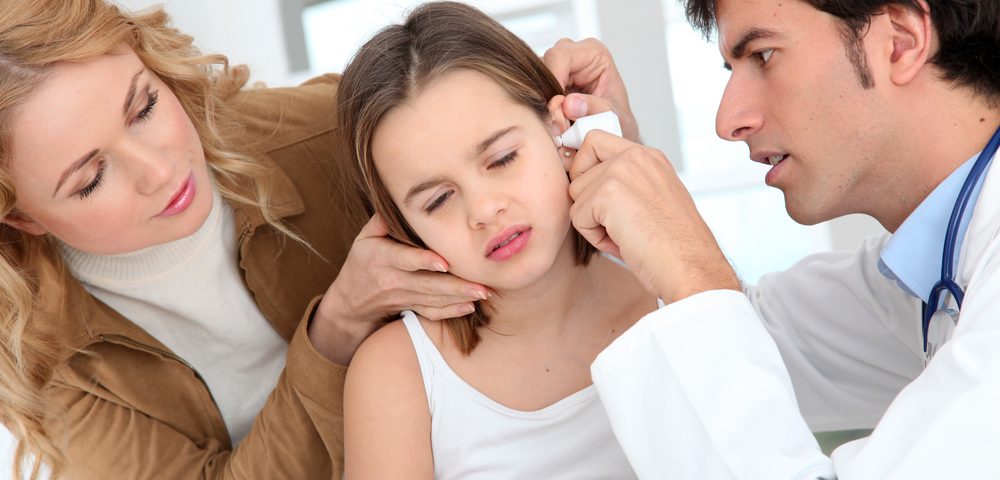
Ways to Help Prevent Ear Infections in Children
June 12, 2019
Remedies for Swimmer’s Ear
August 14, 2019Ear infections can happen to adults and children, although more common in children. Thankfully, they usually go away on their own without needing medication. Here are some safe techniques to try at home to help relieve the pain from your ear infection.
- Cold or warm compress. Take a washcloth and soak it in either cool or warm water; wring dry and place over the ear that is infected. Test both temperatures to see which one is better at relieving your pain.
- Olive oil. Put a few drops of warm olive oil in the ear that is infected as you would ear drops. Do not use, however, if you have ear tubes or a ruptured eardrum.
- OTC pain relievers. Acetaminophen, ibuprofen, and naproxen are great at relieving pain associated with ear infections. Consult with your doctor to determine which is best for you.
- If you’re in an airplane or you’re driving at a high altitude, chances are your ear pain is from the change in air pressure. Try chewing some gum to help lower the pressure and ease the pain.
- Sleep in an upright position. Try to rest sitting up instead of lying down; sitting up will help your ear drain the fluid inside of it, easing pressure and pain in the middle ear. Prop yourself up using some pillows or sleep in an armchair that reclines a little.
There are some signs to pay attention to that will require the assistance of a medical professional immediately. Call your doctor if you experience any of the following:
- Fluid, particularly pus or blood, coming out of your ear
- High fever, headaches, dizziness
- The sensation of an object stuck in your ear
- Swelling behind the ear
- If your face feels weak or you are unable to move muscles on the infected side
- Your symptoms don’t improve and/or become worse in 24-48 hours



